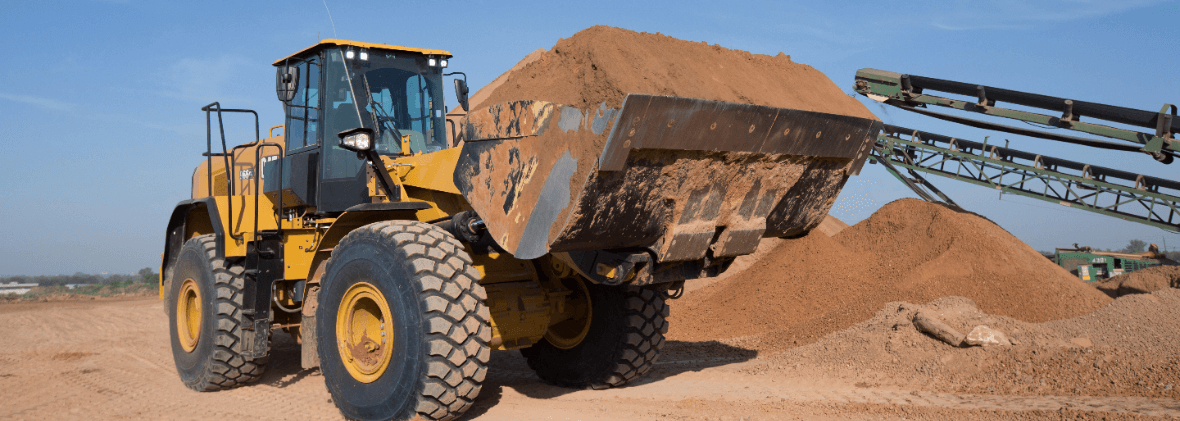
Wheel Loader vs. Compact Track Loader: Which to Rent?
Loaders are powerful machines that can move dirt, snow, rocks, and other material. Both wheel loaders and compact track loaders are versatile, but each has its unique strengths. Knowing the differences will help you pick the right machine for your job and avoid wasting time or money.
What Is a Wheel Loader?
A wheel loader travels on wheels and uses an articulated joint to steer smoothly. The design helps reduce tire wear and surface damage. The elevated cab gives operators excellent visibility, which is ideal for busy jobsites.
Best for: Large areas, smooth surfaces, and fast material transport
What Is a Compact Track Loader?
A compact track loader runs on rubber-padded tracks. The tracks spread out the machine’s weight so it works well on soft ground like mud or snow. Plus, it travels well in tight spaces and on slippery hills.
Best for: Mud, snow, slopes, and confined spaces
Common Loader Tasks
Both types of loaders handle common tasks like loading and hauling. Typical tasks include:
- Clearing snow
- Moving pallets
- Surface leveling
- Loading trucks
So which one is the best? That depends on your site.
When to Use a Wheel Loader
Wheel loaders are built for moving heavy loads quickly. They come in various sizes and can scale up to carry large amounts of material. Their speed makes them valuable on big sites or jobs with tight deadlines. If you need to transport materials across long distances or navigate busy construction zones, a wheel loader is your best bet.
When to Use a Compact Track Loader
Compact track loaders are more agile in small or sensitive spaces. They’re often used in residential construction or landscaping where turf or concrete must be protected. They can keep working through rain, mud, or snow, and their traction makes them effective on hills or uneven ground.
How to Choose Between Them
- Maneuverability: Wheel loaders travel faster and steer easily, but compact track loaders handle slopes and tight sites better.
- Ground conditions: Wheel loaders are ideal on pavement or firm soil. Track loaders work best in mud, snow, or soft ground.
- Capacity: Wheel loaders generally carry more material due to their size than compact track loaders.
Rent the Right Loader for Your Job
The Cat® Rental Store carries a wide selection of both wheel loaders and compact track loaders. You can rent by the day, week, or month at competitive rates. Our team will help you match the right machine to your job.
Request a quick quote or find a Cat Rental Store location near you.
Loader Comparison FAQs
Q: What’s the main difference between a wheel loader and a compact track loader?
A: Wheel loaders excel on solid ground and longer hauls. Compact track loaders work better on slopes and soft terrain.
Q: Which loader works better in tight spaces?
A: Compact track loaders are the better choice for space-restricted areas due to their smaller size and tighter turning radius.
Q: Which loader has higher capacity?
A: Wheel loaders can scale up in size to work with larger buckets, making them ideal for moving large volumes of material.
Q: Why rent instead of buy?
A: Renting gives you flexibility, lower upfront cost, and access to the latest models without long-term maintenance expenses.
Find The Cat Rental Store Near You